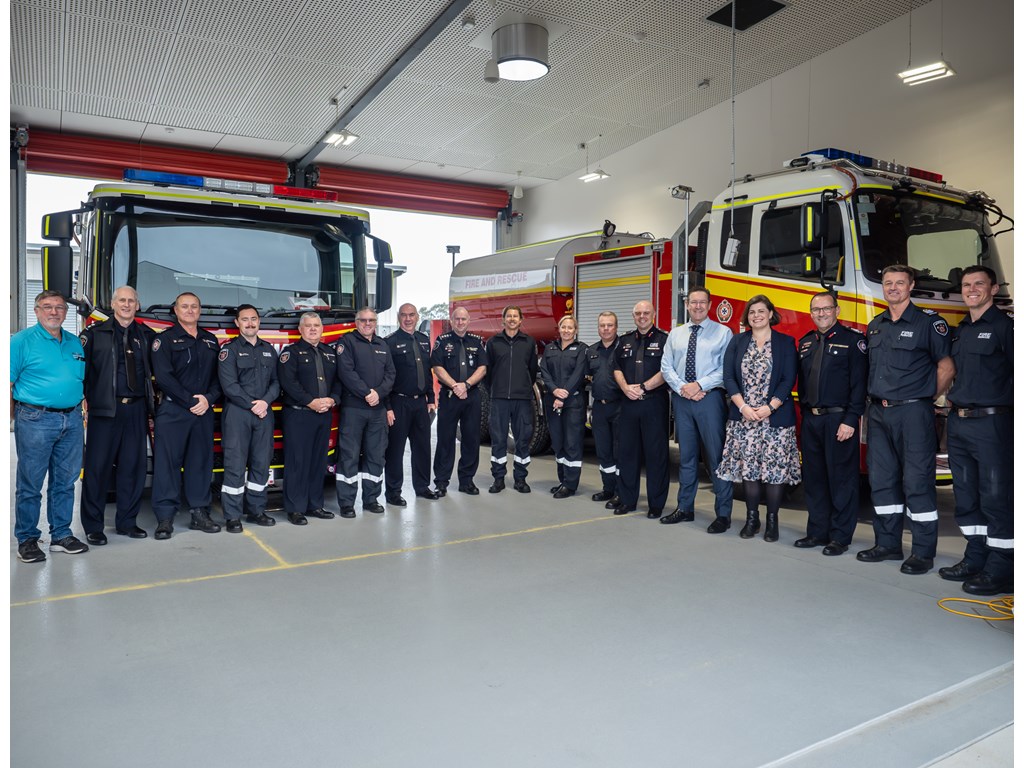Te Whare Wānanga o Waitaha | University of Canterbury (UC) graduate Dr Steph Kaefer’s doctoral research is one of the first to investigate colloquial Antarctic English vocabulary exclusive to the English-speaking research stations, focusing on the United States, British Antarctic, and New Zealand Antarctic programmes.
Dr Kaefer’s passion for linguistics and Antarctica emerged through networking at conferences and discussions with her UC PhD supervisors, Associate Professor Daniela Liggett from the Faculty of Science, and Associate Professor Lynn Clark from the Faculty of Arts.
Dr Kaefer travelled to Antarctica in 2019 with UC’s Gateway Antarctica research centre and government agency Antarctica New Zealand to work for one of her supervisors who couldn’t make the trip, and to collect data for her own research at the same time.
She wanted to find out how the words she gathered emerged and developed over time. “Everyone was really excited about what I was doing, and the department was always really supportive,” she says.
“Often, when we create words, we make them transparent – particularly in a situation where you need to pass on a lot of information easily, you want people to understand without needing a lot of background information. But when you’re creating a community, whether intentionally or not, and you don’t want people to understand, you might make the words more opaque so that people can’t work them out unless they’re part of that group.”
Dr Kaefer was expecting vocabulary changes to be mostly time affected, such as younger generations bringing and creating in new slang words but was surprised not to see this happening.
“It goes against what linguistic theories tell us; we would expect the changes be faster, especially in an isolated environment. But the community I researched is different to other isolated communities in that it’s not just isolated but also confined and extreme, which is known as an ‘ICE’ environment and is well known in the literature as a type of environment but not as a community,” she says.








